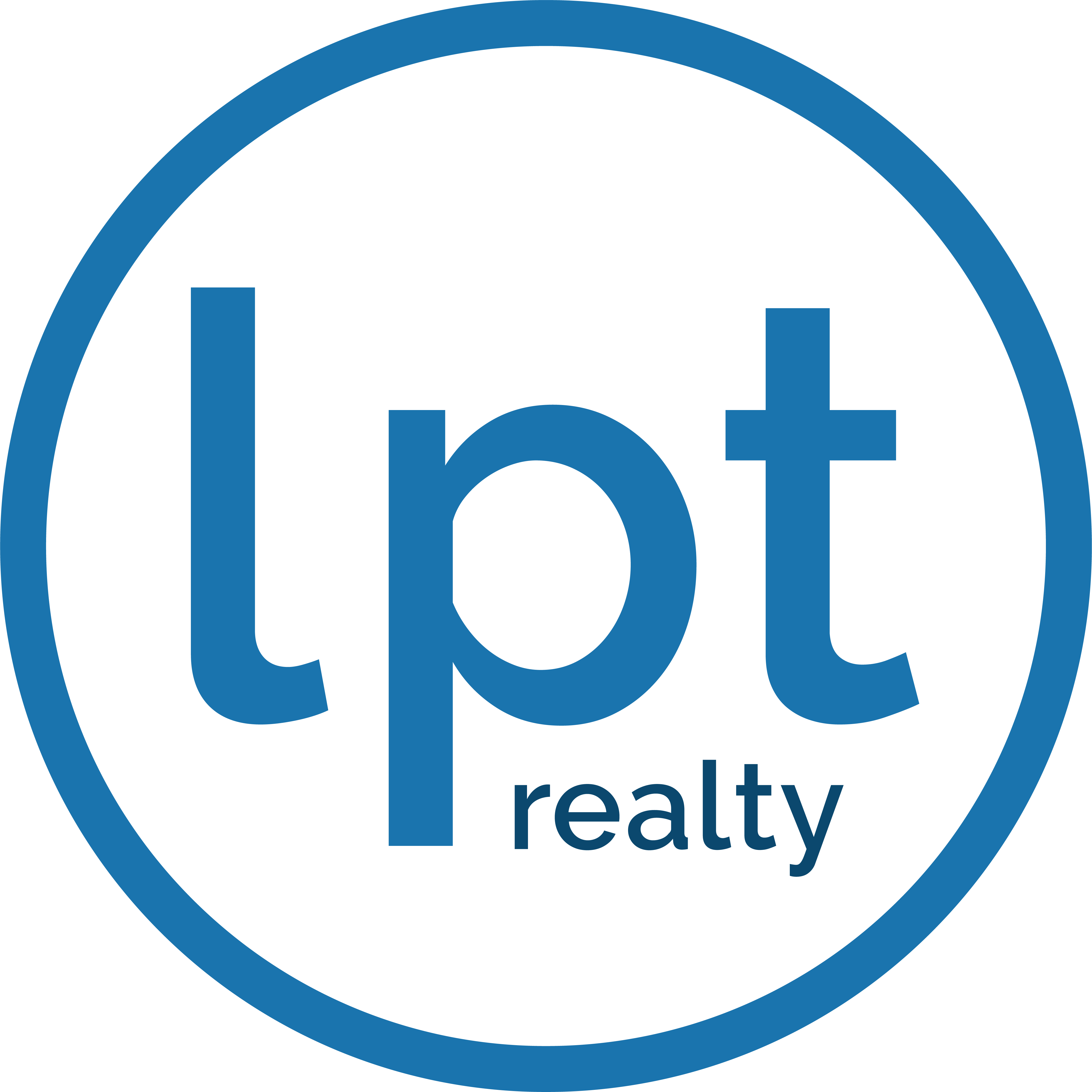

Now or Later? Decoding the Best Time to Buy Your Dream Home
Just because mortgage rates and home prices are high right now doesn’t mean you should hold off on buying your dream home. I understand the confusion surrounding the market, and it’s important to consider your unique financial situation. In this guide, I will explore the top 10 factors to help you
Read More

10 Insider Tips for First-Time Home Buyers in 2024
Overwhelmed by the prospect of buying your first home in 2024? Don't worry, we've got you covered. In this blog post, we'll provide you with ten insider tips to help you navigate the home buying process like a pro. From setting your budget and getting pre-approved for a mortgage to negotiating wise
Read More

Don't Wait for Rates to Drop! Why Smart Buyers are Purchasing Homes Now
In the ever-evolving world of real estate, timing can often feel like everything. Many prospective homebuyers find themselves caught in a holding pattern, waiting for mortgage rates to drop before making their move. However, this strategy might not be as advantageous as it seems. Here’s why savvy bu
Read More
